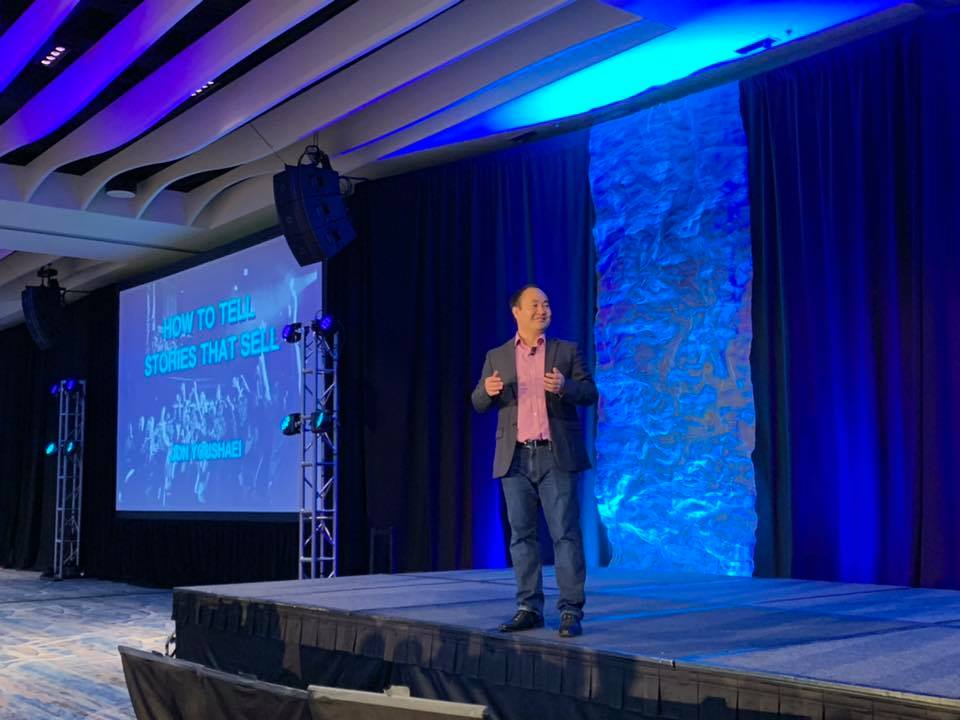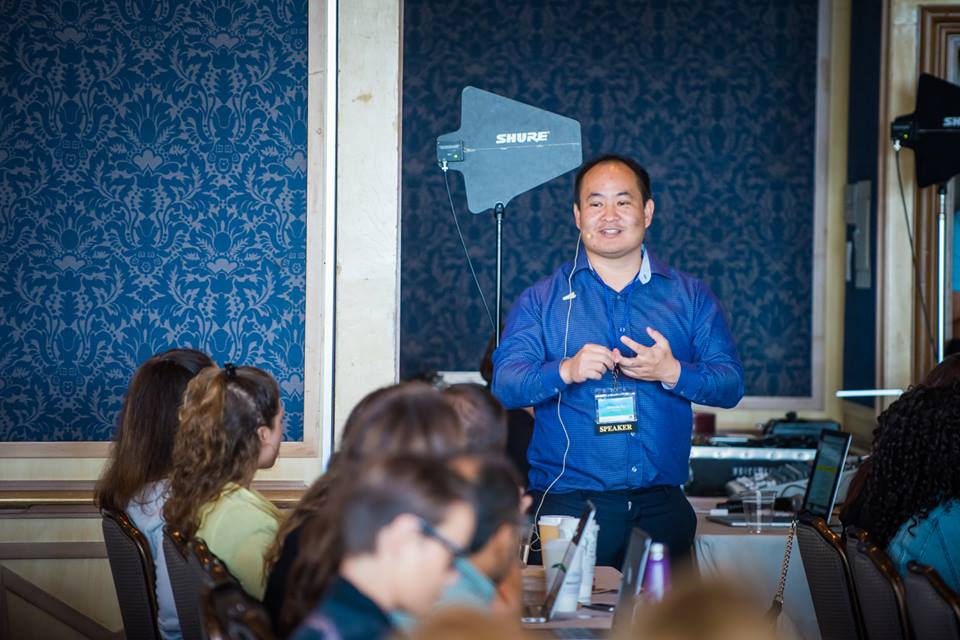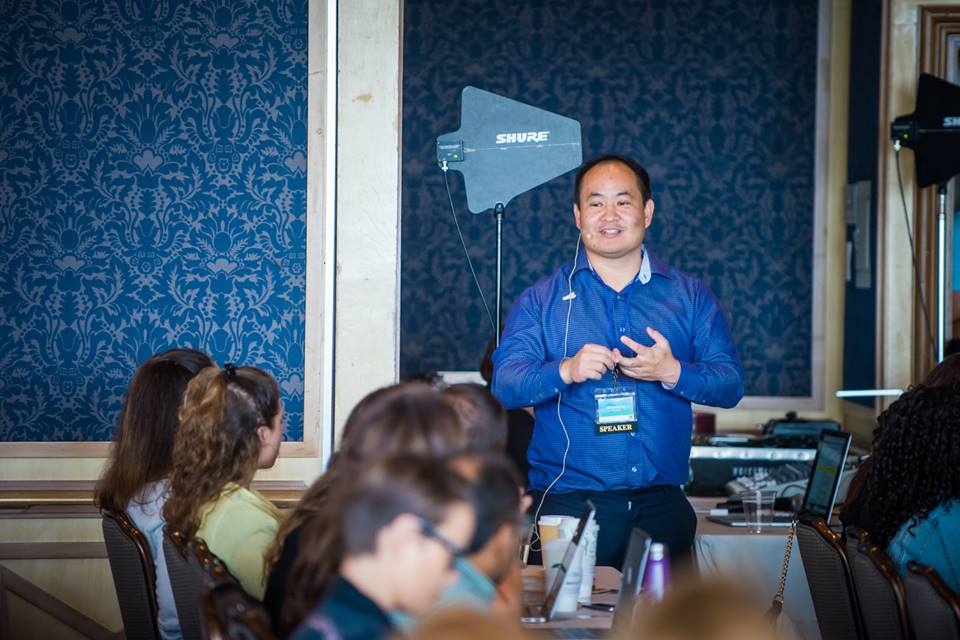Ups and Downs
It’s what I ask everyone who is new— the one question to see about their commitment “Will you promise to come to me first before you ever consider quitting?” They all answer that they’re not going to ever quit– and they affirm they would come to me first to chat before things ever get that […]





